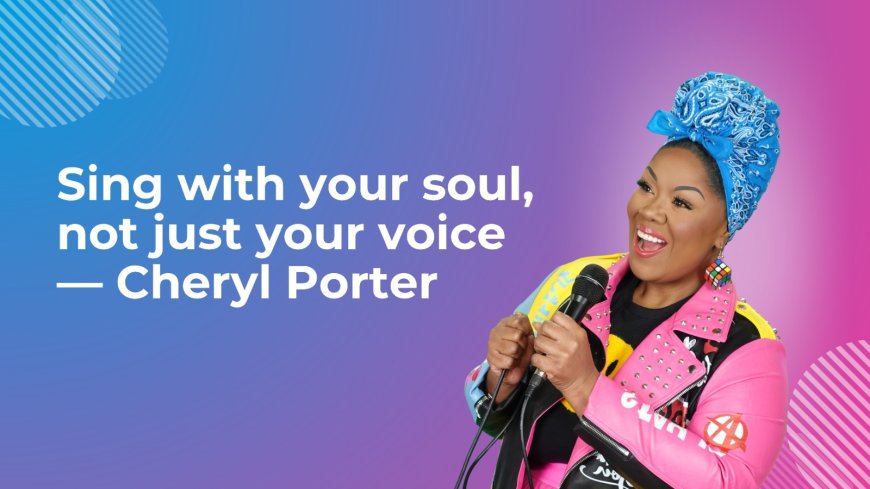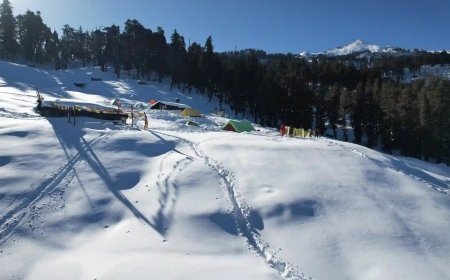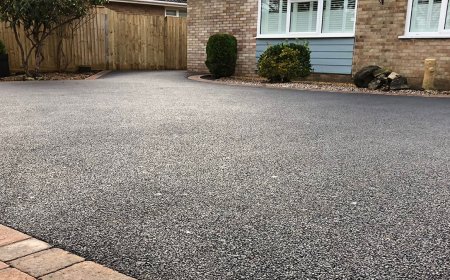Your First Vocal Steps: How to Start Singing From the Ground Up
No experience? No problem. Discover how to take your very first steps to learn singing from scratch and build a voice you’ll love.

Every great singer was once a complete beginner. No range, no tone, no control just a desire to sing and a willingness to try. The difference between them and most people? They didnt quit before they started.
You dont need perfect pitch or years of music lessons to learn singing from scratch. All you need is a little time, the right tools, and the belief that your voice is worth developing.
What You Really Need to Start Singing
Forget what youve been told about needing to be born with it. The essentials are much simpler:
-
A quiet space
-
1015 minutes per day
-
A phone or laptop to play tones or record
-
A mirror to observe posture and mouth shape
-
An open mind
With these, youre ready to begin real vocal training, even if youve never sung out loud before.
The First Sound Doesnt Have to Be Beautiful
Most beginners want to sound good immediately. But focusing too much on sounding good can stop you from sounding at all.
Instead, give yourself permission to sound awkward or flat at first. The beauty of your voice comes after you start using it regularly not before.
The first goal isnt beauty its freedom.
A Gentle Routine for Week One
Heres a plan you can follow from day one, even if you feel shy:
-
Minute 13: Deep belly breaths, slow inhale and exhale
-
Minute 46: Hum on a comfortable note, explore higher and lower gently
-
Minute 79: Lip trills or ng sirens from low to high
-
Minute 1012: Match 35 notes from a piano app
Keep your volume soft and focus on how your body feels. Stay relaxed and let your voice flow naturally.
What to Expect in Your First Month
You probably wont hit crazy high notes right away, and thats okay. What you can expect is:
-
A stronger connection between breath and voice
-
More consistent pitch matching
-
Increased vocal stamina
-
Less fear around using your voice
Improvement is often subtle at first but when you stick to it, the gains compound quickly.
How to Record Yourself Without Cringing
Recording yourself is one of the most powerful tools you have but also one of the scariest. Heres how to make it easier:
-
Record in private with no audience
-
Start with short clips (just 510 seconds)
-
Focus on whats improving, not whats bad
-
Listen back after a break, not right away
Every singer cringes at their first recording. The goal isnt to love it its tolearn from it.
3 Mistakes Most Beginners Make (And How to Avoid Them)
1. Skipping Warmups
Your voice needs to stretch and wake up gently. A few minutes of warmups prevent strain and set the tone for practice.
2. Forcing Range
Trying to belt high notes before your voice is ready leads to tension. Use slides and scales to extend range gradually.
3. Judging Too Soon
It takes time to build control. Instead of evaluating every session, check your progress weekly or monthly.
Practice vs. Pressure
Practicing should feel encouraging, not exhausting. If youre constantly judging yourself or pushing too hard, your brain will associate singing with stress and that makes it harder to improve.
Instead:
-
Practice in small chunks
-
Take breaks when needed
-
Laugh off mistakes
-
Celebrate effort, not perfection
Singing is supposed to be expressive and freeing. Protect that energy.
Your First Song: How to Choose One
Pick something you love that feels emotionally light and musically simple. Look for:
-
A comfortable vocal range (no extreme highs or lows)
-
Slower tempo
-
Clear melody
-
Lyrics you connect with
Start by singing just the chorus or one verse. As you gain confidence, expand from there.
Final Thoughts: This Is Your Starting Point
You dont need to be perfect you just need to be consistent. Every note you sing brings you closer to the voice you want.
Start with what you have. Trust the process. Your first steps may be small, but theyre the most important ones youll ever take.
















![Top 9 Real Estate Mobile App Developers in Riyadh, Saudi Arabia [2025 Edition]](https://www.biphoo.uk/uploads/images/202507/image_430x256_6879d0d524335.jpg)


















